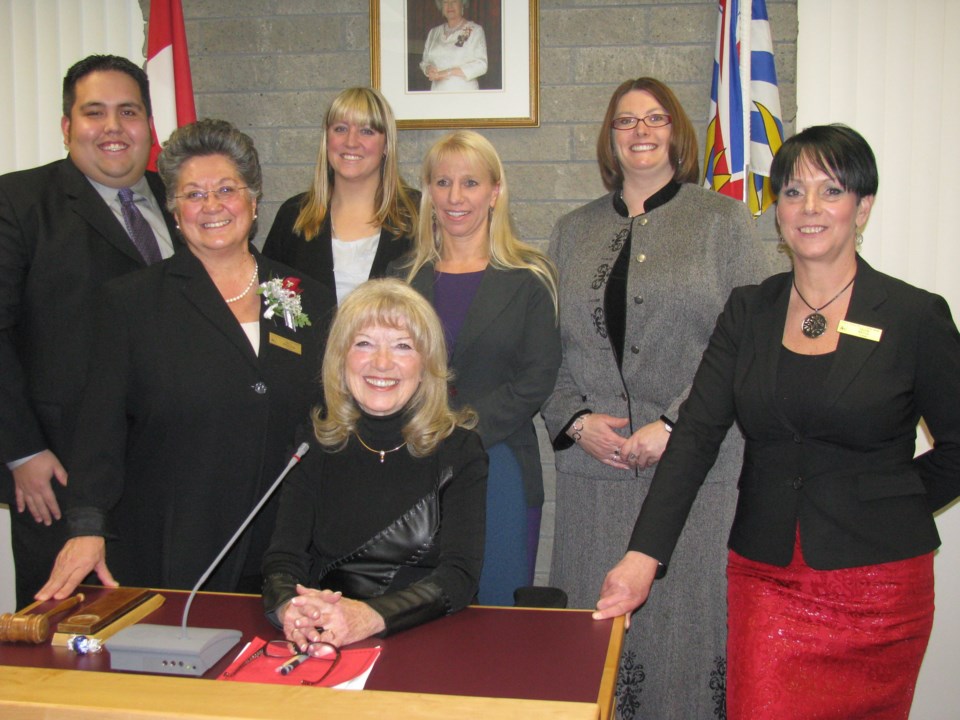Before she became chair of the District 57 school board, Sharel Warrington was a teacher, so she understands the frustration teachers across the province are feeling as they make plans to stage a three-day strike next week.
The province unveiled its plan Tuesday to extend the teachers' expired contract for another two years under a net-zero mandate and with the help of a mediator try to bring the two sides together between now and the end of August to produce a negotiated
settlement.
While Warrington remains optimistic teachers will find a way to end their six-month job action and come to an agreement, she doesn't like the fact the province has introduced legislation to settle the dispute without first giving a mediator a chance.
The B.C. Teachers Federation, B.C. Public School Employers' Association and the B.C. School Trustees Association all agreed a mediator should be involved in the talks, but Warrington said the government waited too long to make that happen.
"I am disappointed, my personal point of view is that mediation needed to have some time," said Warrington. "I know the impasse is large, but the parties needed to be given some time to have constructive conversations with a mediator present. We didn't get to that point, yet both parties asked for that.
"I would have hoped we would have been able to get that message to the government sooner, [but] the government had already crafted its
legislation."
The province, under an NDP government, restructured public sector labour relations in 1994 and that led to creation of one province-wide teachers' bargaining unit, the BCTF, and the teachers' employer became known as BCPSEA. Until that took effect, school boards bargained directly with teachers and raised their own budgets through local taxation, which gave trustees some control over how that tax money was distributed for educational needs. Since then, there has been just one voluntarily negotiated settlement between teachers and the province, which happened in 2006.
"I personally think there are problems with our bargaining system,
absolutely," said Warrington.
"In 2005-06 when there was money on the table, a contract was signed, but teachers weren't happy at that point, because they knew their contract had been stripped in 2002 and language [on class sizes and class composition] had been removed.
"If you had local bargaining and the government said districts had to fund public education through local taxation, that puts some districts and school boards at a disadvantage, where you don't have the population base to tax. To find a new model would take some fairly collaborative and thoughtful
constructive discussion."
The province's 41,000 teachers voted 87 per cent in favour of a walkout.
Warrington says until the government passes the final wording of the legislation, its too early to speculate on what lies ahead for teachers, parents and students.
"The board is as anxious to know the outcome of the decisions as everyone else, and until we do know and have the opportunity to discuss the implications - if there are any the board needs to address - that will come in the next week or so," Warrington said.
"We're apprehensive, too, as to what will transpire and we're hoping reason will prevail and we can go back to doing the work that meets the needs of our students."

.png;w=120;h=80;mode=crop)

